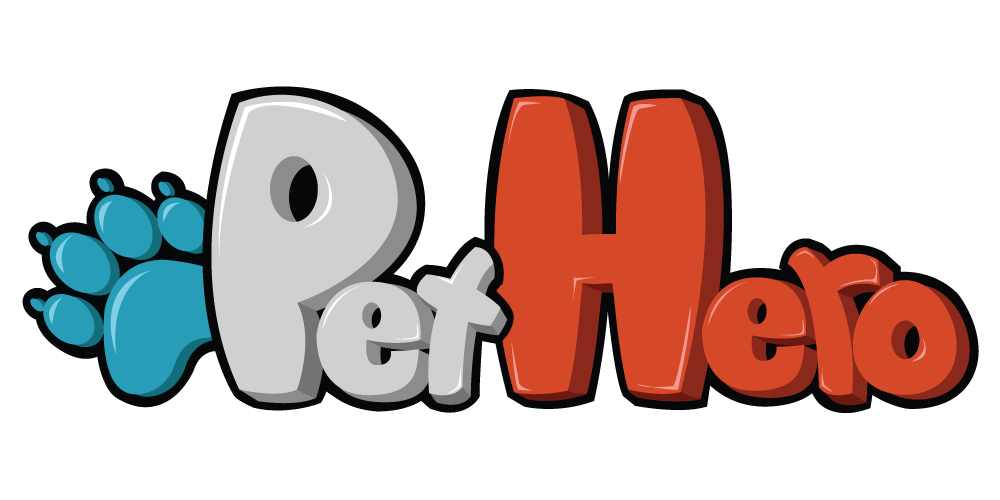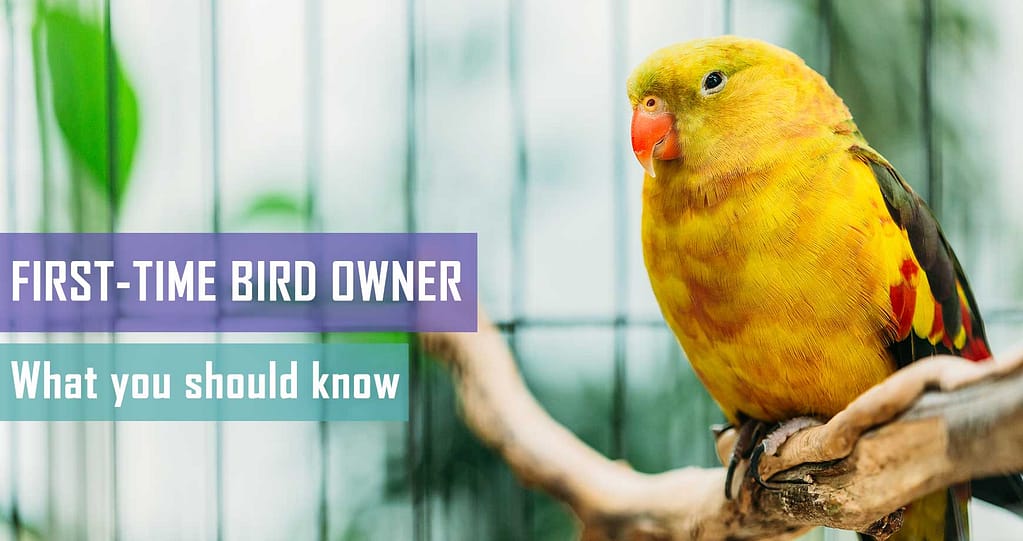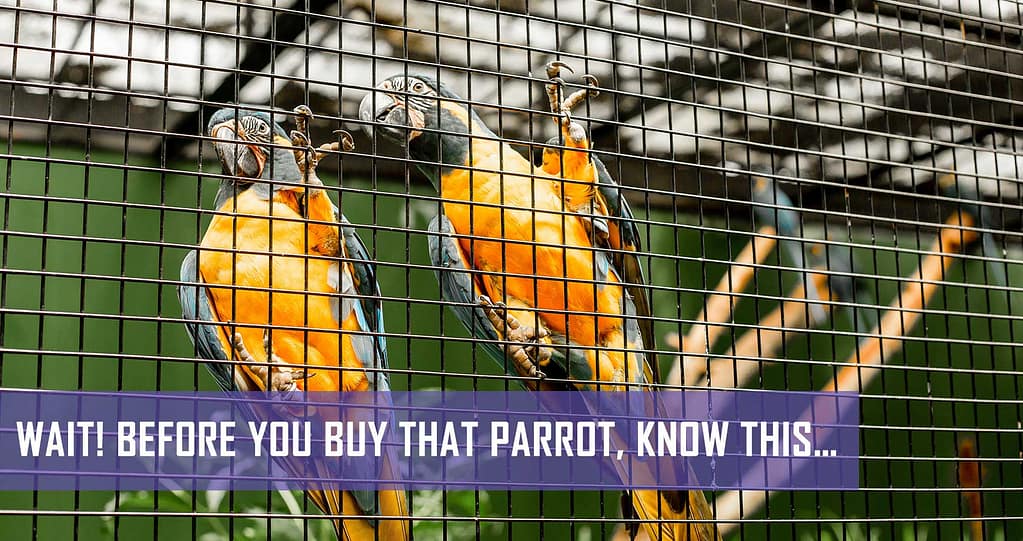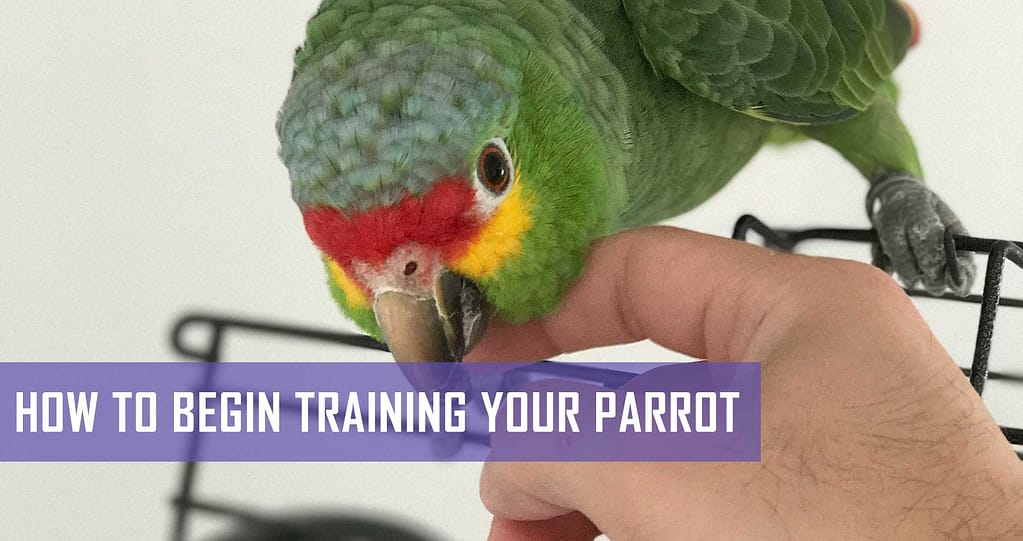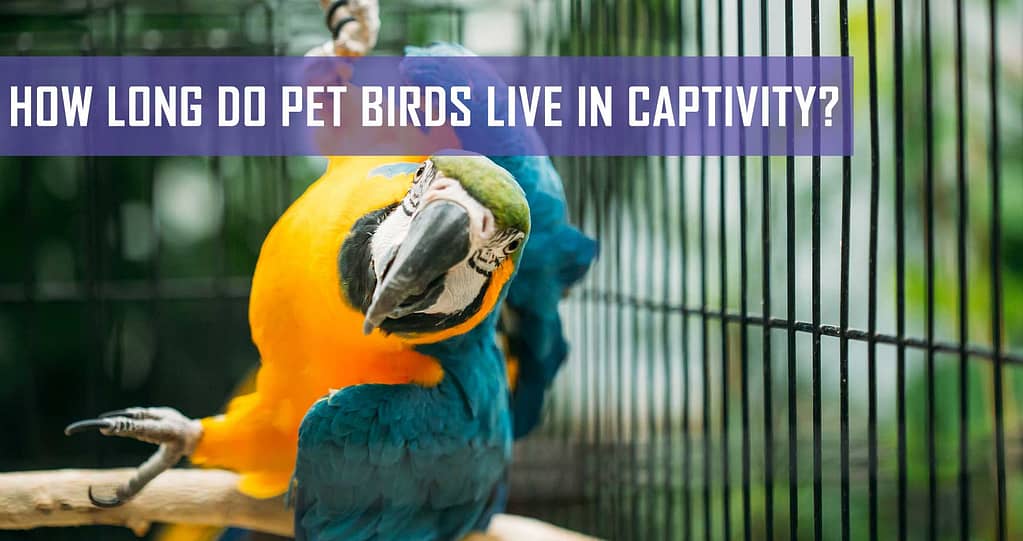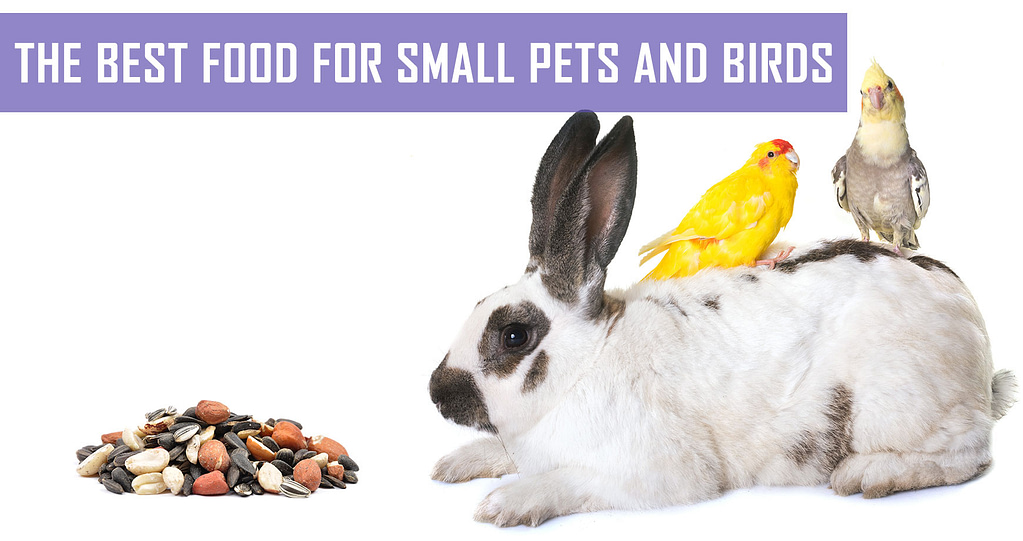Being a first-time bird owner can be very exciting. While birds may seem like less demanding pets than dogs or cats, they come with an entirely different set of responsibilities, require a different type of care, and may even need more of your time for training and interaction. Make sure you do proper research before buying or adopting a bird.
The best bird breed for you
As with other pets, so too with bird breeds: there are so many different kinds of birds and you will need to know which bird will be best for you. Many bird owners recommend that you start with a smaller breed of bird. They’ll be easier to handle and will seem less frightening when they peck at you. Historically, the best first pet birds have been cockatiels and budgies. These little birds tend to have outstanding pet qualities with fewer challenges. They are also incredibly clever and love interacting with company and learning. With proper care and a nutritionally beneficial diet, budgies can live to around eight years. Pet cockatiels can live to between 15 – 20 years, so be prepared for the long-term commitment.
Social requirements for birds
Having a smaller bird does not mean that the little guy has a more modest personality – they love to imitate behaviour. Budgies and cockatiels are relatively easy to teach whistles and tricks to, as they will gleefully replay these behaviours that earn them treats and praise.
It is essential to know that birds are flock animals and love to be in the company of other birds or their humans. They do not like to be left alone for long periods (so if you work a lot and are seldom at home, a pet bird is not for you!). Once tamed and are used to touch, they also enjoy being handled. Considering that the bird is tame, their willingness to interact and their quirky antics make them highly favoured pets.
Whether you plan on having a big bird or a small bird, they all need the same level of commitment in terms of cleaning, preparing food, socialising and training.
You should count on:
- Spending no less than 15 minutes twice a day interacting with your bird. A lot more is required if you want your bird to become and remain tame.
- Changing the cage lining regularly.
- Cleaning out and refilling food and water dishes daily.
- Washing the cage once a week to remove bacteria.
- Having regular expenses, such as a recommended food for your species; appropriate toys that offer enrichment and stimulation; occasional grooming like nail, beak and feather trimming; and a yearly veterinary check-up.
Remember, a bird is not a toy and should you decide to give your children one as a gift, they should take responsibility for the bird. Make it a shared responsibility and teach your child how to look after all the animals in the household.
Most basic bird requirements
Birdcage
Your bird will need two bird cages: one being for daily use where your bird will sleep, eat and play. The first cage needs to be big enough for your bird to spread its wings wide open and comfortably walk and jump about. The second cage can be smaller and will be used when you clean the bigger cage and for when you take your bird to the vet or travels. This cage will be more convenient to travel with, as it will be easier to buckle up ensuring your bird is safe and does not roll around in the car.
SUPER IMPORTANT: Your bird’s cage should not be their permanent home – rather it is more like their bedroom. It’s just for their comfort and safety. They should spend a LOT of time outside of the cage when interacting with you and other family members. You wouldn’t keep a dog cooped up in a kennel for most of the day, so why do it to your bird?
Perches and ladder
Make sure there are enough perches for your bird to jump around on. Ideally, wooden ones are better. The perch needs to be wide enough so that your bird’s toes don’t overlap. Add an appropriate size ladder for your bird to be able to climb on.
Food and water dishes
Water feeders that fit through the cage bars are great to have as they make less of a mess over seeds and when moving the cage around. However, some birds do not like drinking out of them and you will need to make sure your bird gets proper water intake.
Stainless steel food and water bowls are also fantastic to have in your bird’s cage. They are easy to clean and don’t acquire marks and stains. Make sure that your bird gets fresh water and a balanced diet every day. Birds love bird seeds, fresh fruit and bird treats. By providing your bird with a properly balanced diet, you will be helping to prolong her health and lifespan.
Bird bath
Birds like to clean, but need a big enough bowl to do so. If your bird seems a bit lazy and doesn’t like grooming too much, consider getting a spray bottle and lightly mist your bird so that she can start to groom.
Cage liners
Cage liners help you to clean the cage a lot quicker. They are placed on the floor of the cage and need regular changing.
Hiding place
When caged, birds are always on display, but like us, they also need some alone time. Give your bird a comfy place to rest and feel safe and secure, like a bird box or nest box. Your bird’s propensity for alone time will also depend on the type of bird, so do your research to understand your bird’s needs.
Toys, toys, toys
No animal should ever be without toys! This helps them to interact with you and provides them with fun stimulation for their complicated brains. Toys made from wood or wood-like objects are essential to them – for showing off and for personal amusement. Toys made of wood, twisted paper, cardboard and plastic are designed with different types of birds in mind. Make sure you get the right one for your bird’s breed and for their potentially powerful beaks!
Once you have the right cage and toys for your new bird, take the time to read up about its breed and see if there are any other needs that that specific breed might have. Be prepared and know how to train and build a bond with your feathered friend.
